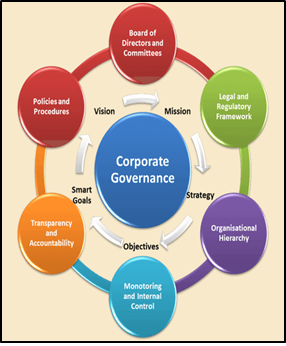“LEADERSHIP UNCERTAINTY LOOMS OVER INDIA’S TOP CONGLOMERATES”
Why in the news?
India’s leading conglomerates, including Reliance, Tata, and Adani, are in the spotlight due to growing concerns over leadership succession, with debates on shared leadership and professional management gaining traction.
source:scribd
Succession Challenges in Indian Conglomerates:
- India’s three largest conglomerates—Reliance, Tata, and Adani—are facing uncertainty regarding succession planning.
- The issue of leadership succession is often ignored or brushed aside by family councils and executive committees.
- While shared leadership is considered, it rarely succeeds in complex, billion-dollar enterprises.
Examples of Leadership Conflicts
- The Hinduja Group experienced a bitter legal dispute among the four Hinduja brothers despite having a shared agreement.
- Ranbaxy’s leadership saw a public fallout between Parvinder Singh’s sons after their father’s demise.
- Reliance Industries faced a leadership rift between Mukesh and Anil Ambani after their father, Dhirubhai Ambani, passed away.
Potential Solutions and Concerns
- Some experts suggest a Walmart-like model where families retain oversight but no operational role.
- However, fully professionalising Indian conglomerates is challenging due to the owners’ attachment to the business.
- Identifying clear successors remains crucial to avoid leadership disputes in these family-controlled groups.
About Corporate Governance:
International Guidelines:
Indian Initiatives:
|




